
FILE - Mikhail Gorbachev, the final leader of the Soviet Union, signs the decree relinquishing control of nuclear weapons to Boris Yeltsin at the Kremlin in Moscow, Wednesday, Dec. 25, 1991. Gorbachev announced his resignation in a live televised address to the nation on Dec. 25, 1991, drawing a line under more than 74 years of Soviet history. By the fall of 1991, however, deepening economic woes and secessionist bids by Soviet republics had made the collapse of the USSR all but inevitable. The failed August 1991 hardliner coup was a major catalyst, dramatically eroding Gorbachev's authority and encouraging more republics to seek independence. (AP Photo/Liu Heung Shing, File)
Featured Photo Galleries
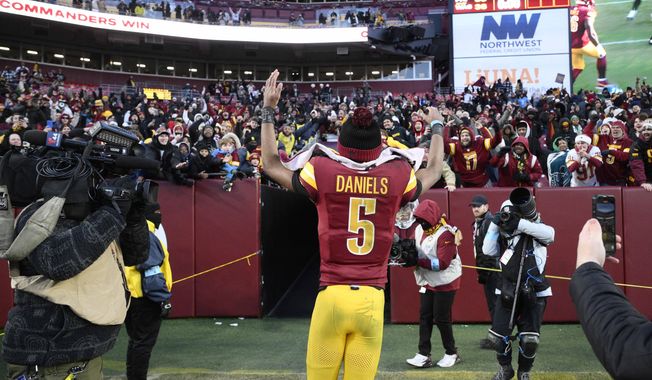
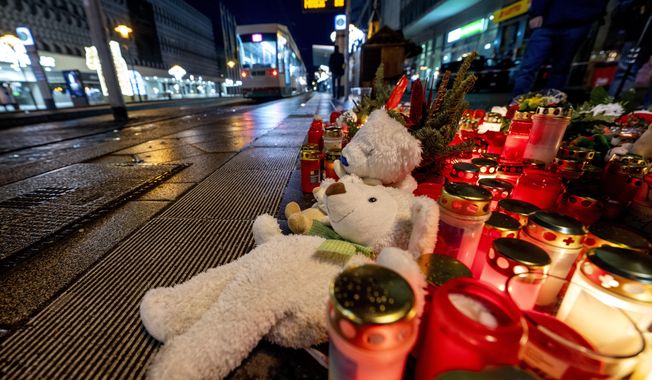
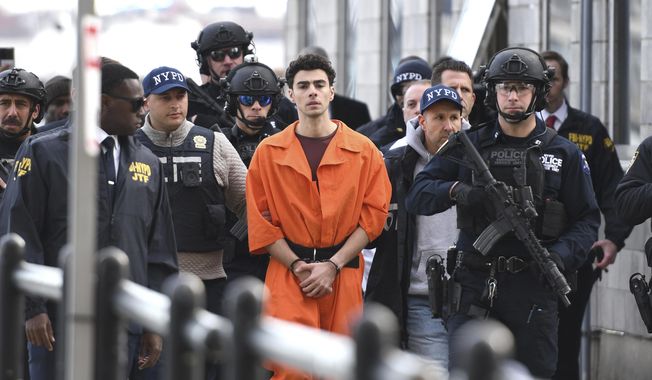
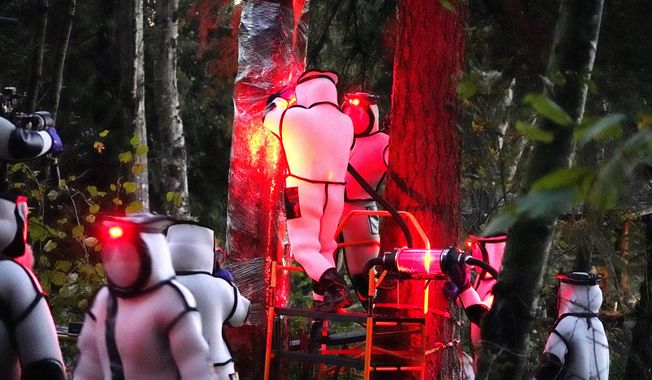
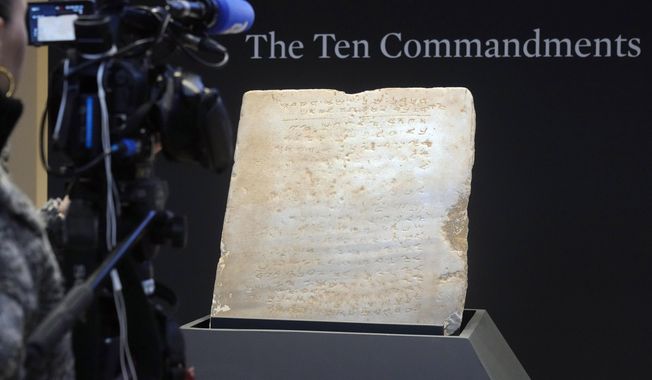




Trump Transition: Here are the people Trump has picked for key positions so far
President-elect Donald Trump has announced a flurry of picks for his incoming administration. Get full coverage of the Trump transition from The Washingon Times.





